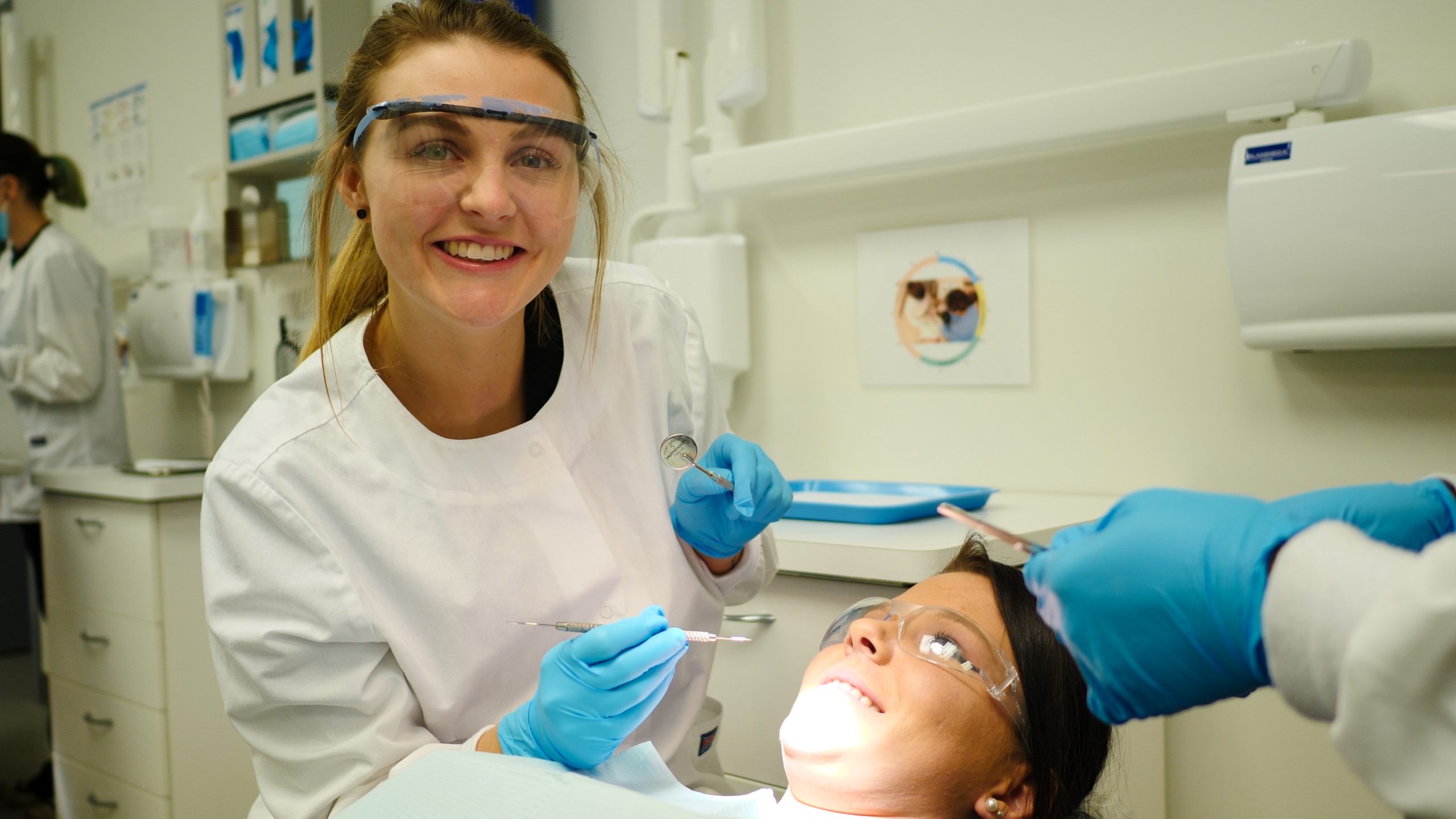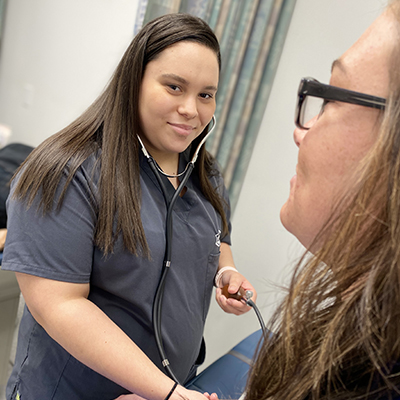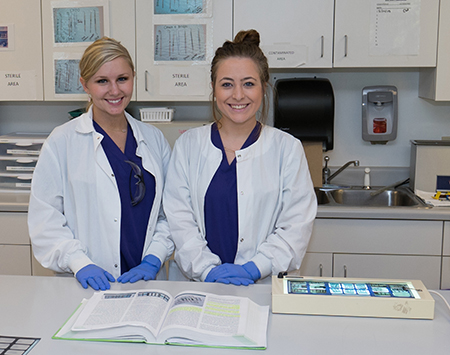Dental Assistant Career Overview
Dental Assistant Duties
- recording treatment information
- taking down dental histories
- scheduling patients’ appointments
- processing payments for dental services
- filling out insurance forms
- exposing dental x-rays
- taking vital signs of patients
- cleaning teeth
- assisting dentists in dental emergencies
- instructing patients in oral hygiene or postoperative care
Dental Assistant Education Requirements
Discover more by reading our post about educational options for dental assistants.
Dental Assistant Certification
After completing a dental assistant training program, dental assistants may want to consider acquiring industry certification. The two most common credentials are Registered Dental Assistant (RDA) and Certified Dental Assistant (CDA).
What is a Registered Dental Assistant?
What is a Certified Dental Assistant?
For dental certification, Delta Tech students who attend our Ridgeland campus take the DANB certification exam, which includes Radiology Health & Safety (RHS) and Infection Control Exam (ICE). However, they will still need chair-side work experience to take the third and final exam and obtain the CDA credential.
Dental Assistant Career Outlook
Dental Assistant Salary
Similar Professions
The BLS reports that the following careers are similar to dental assisting:
- Dental Hygienists
- Medical Assistants
- Pharmacy Technicians
- Phlebotomists
- Occupational Therapy Assistants & Aides
- Physical Therapist Assistants & Aides
- Psychiatric Technicians & Aides
- Surgical Technologists
- Veterinary Assistants & Laboratory Animal Caretakers
Delta Tech’s Dental Assisting Program
Are you interested in taking the next step toward becoming a dental assistant? Delta Tech’s dental assistant training is 35 weeks (9 months). Learn more about our Dental Assisting Program.
SOURCES
- https://www.bls.gov/ooh/healthcare/dental-assistants.htm#tab-6
- https://www.bls.gov/ooh/healthcare/medical-assistants.htm#tab-6
- https://www.onetonline.org/link/summary/31-9091.00
- https://www.bls.gov/ooh/healthcare/dental-assistants.htm#tab-4
- https://www.onetonline.org/link/summary/31-9091.00#menu
- https://www.americanmedtech.org/Get-Certified/RDA-Eligibility#141479-route-3-work-experience
- https://www.danb.org/en/Become-Certified/Exams-and-Certifications/Exam-Eligibility-Requirements.aspx
- https://www.danb.org/Become-Certified/Exams-and-Certifications/CDA.aspx
- https://www.bls.gov/oes/current/oes319091.htm
- https://www.bls.gov/ooh/healthcare/dental-assistants.htm#tab-8



